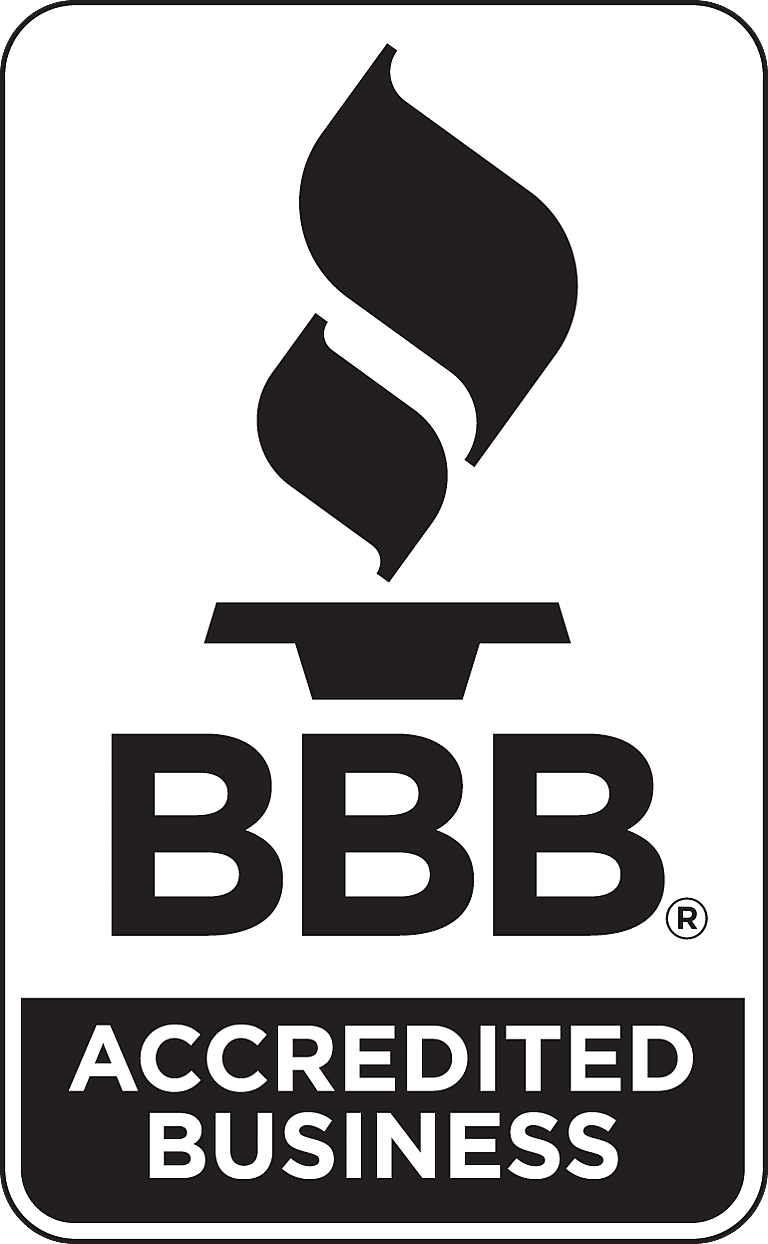
Knowing how to improve professional communication skills is essential to your career whether you’re looking for a job or moving up the ladder. Communication requires learning and practicing new skills to get your message across effectively. One common mistake people make is assuming they are effective in communication. Communication, however, takes patience and practice if you want to become a skilled communicator. We have tips on how to improve your professional communication skills.
Benefits of Effective Workplace Communication
A benefit for you and your coworkers with written communication is you build healthy relationships, educate, and establish clarity in team situations. Fully conveyed information keeps everyone on the same track. More importantly, effective communication creates trust and stronger morale in team situations, leading to greater team cooperation and effort.
The result of effective workplace communication is productivity and success. For your customers, a functional workplace means they can trust your brand and your business. With a unified message from management and employees, customers know your business will communicate effectively with them.
What Specific Communication Skills Are Needed to Succeed?
Communication is key to every relationship. Without communication, the foundation for professional relationships doesn’t exist. You might ask, what exactly is communication in a professional setting? Communication is not one skill but several. Professional communication involves many skills. The primary skills of professional communication are active listening, empathy, comprehension, articulation, and intention.
1. Active Listening
Active listening is paying attention to others and engaging with another person’s concerns. Good listeners know how to let people speak without interrupting. Be patient during conversations when you learn how to improve your professional communication skills. Responding on-topic is also essential.
Practice attentiveness to what the other person wants to discuss. Don’t veer into irrelevant side topics and focus on common goals during conversations. Being an active listener is not only about responding to verbal communication but being actively engaged in emotional cues as well. Pay attention to how your coworker reacts to what you say during conversations.
2. Empathy
When you are learning how to improve professional communication skills, empathy is an essential skill. Empathy comes from being an active emotional listener. When you are empathetic, you enhance your communication because your understanding of how people feel is critical to reaching your audience.
But how do you show understanding of how others feel? Active listening is part of showing empathy, but you need other skills to communicate effectively as an empathetic professional. One vital skill is emotional communication. In any interaction, you should mirror or acknowledge how your coworker feels. For example, speaking with your coworker who has had a frustrating day by acknowledging their difficulties is showing empathetic communication. Your ability to communicate empathetically with your coworker’s feelings can help you resolve problems they have, making teamwork functional.
3. Comprehension
Comprehension is important for giving, learning, and retaining information when you practice how to improve your professional communication skills. As professionals, we have discussions with coworkers, customers, and professionals outside our specialties. When we communicate, we need to be familiar with the trade languages others speak. For example, if you are an engineer, you need to know how to describe projects to clients in non-technical language.
Comprehension means, as professionals, we organize information, understand our audiences, and use language the intended audience will comprehend. Successful people have technical capabilities and the ability to talk about their work across all levels of an organization.
4. Articulation
Developing professional communication skills means using these skills fluently. Articulation helps you connect with your audience. Connecting with your audience means resonating with those who receive your message. When you speak or write, you should have direct speech.
One suggestion to articulate conversation is using descriptive terms that speak to your audience’s experiences. At times, you may feel you need to use technical language, but unfamiliar terms may confuse your audience. Use plain language and be aware of your audience’s reaction while you speak or write. Pace what you say or write and adjust your discussion when you have feedback.
5. Intention
Intentional communication means focusing on what you want to convey to communicate a lasting effect on your audience. Everything you say should remain focused on your message when you learn how to improve your professional communication skills. Intention in communication means you prepare what you say, rehearse your presentation, and stick to the topic you have practiced.
Focus is the key to intentional communication. When you go off track, you lose the purpose of your message. Staying on track sometimes is difficult. But with practice, you can create intentional communication. With effective communication, you can deliver intentional messages to appropriate and targeted audiences with greater relationship building.
DOES YOUR TALENT ACQUISITION TEAM HAVE THE SKILLS TO SUCCEED?
Soft and Hard Skills in Effective Communication
Hard skills provide action and carry out plans that drive results and success. Soft skills are confidence in your communication skills to lead with healthy authority.
Examples of Soft Skills
Empathy is a part of the soft skills that contribute to a healthy foundation for relationships and work environments. Healthy authority is being confident in what you know but being an active listener and open to feedback. This trait of healthy authority is paired with honesty and transparency. A soft skill of taking responsibility in communication makes others more likely to trust what you communicate. Likewise, diplomacy in your conversations helps you work collaboratively in your workplace.
Examples of Hard Skills
Effectively communicating in writing using research, editing, and computers are the hard skills you need to reach your audience. Examples of hard skills for communication are using office suite software, graphic design tools, and writing skills such as proofreading. Qualities of effective hard-skill communication are being comprehensive by including all relevant details, being accurate with fact-checking, and using communication conventions such as correct grammar and spelling. In any hard-skill communication, identify and state your goal, keep your language simple, and be direct about the topic.
Another form of hard-skill communication is visual communication. Visual communication is an easy way to convey information. Images convey information where written communication alone fails to get your audience’s attention. For successful visual communication, you need to make visuals pertinent to your other communication forms. Illustrations related to your related written information should complement but not overshadow other communication forms.
Use images focused on your intended audience, and be aware of avoiding offensive images, especially when communicating with diverse audiences. Avoid offensive images, including those that are racist, sexist, homophobic, ageist, size-shaming, and harmful to people with disabilities. Use images celebrating diversity. One consideration to remember is using inclusive visual communication for people with low vision or who are blind. Use descriptive text for images and alt-image text for inclusive communication.
7 SKILLS EVERY ENGINEERING GRAD NEEDS TO BE SUCCESSFUL
Barriers to Successful Communications
With the best intentions, you can still have barriers to effective communication. In addition to lack of active listening, lack of intent and comprehension, and failure in comprehension, some barriers to effective communication are:
1. Information Overload
Communicating too little information is not effective, but too much information is just as damaging. A sea of information overloads your audience, leading to a downturn in productivity and communication success at work. Outline the most important points of what you want to say or write before you communicate.
2. Disengagement
Effective communication is about participation between those involved. Communication is not effective when people lack attentiveness to each other. To solve this problem, make time and effort to create space for attentiveness.
3. Organizational Structure
Convoluted and inflexible organizational structures can create inefficient communication. Businesses may have ineffective information and communication systems, whether these are hardware or procedures and policies, without communication as the goal.
Sometimes, companies are hierarchical and do not communicate well with other branches of the organization. A lack of understanding of the roles and responsibilities of workers creates ineffective communication channels. People may be unclear of their role in the communication process, not know what is expected of them, and communicate poorly because of this lack of structure. When these siloed communications happen, information is lost when traveling through the various company branches. To prevent information loss, have clear hierarchical structures and authority for communications.
4. Personality
Learning how to develop professional communication skills can be difficult for shy people. Not everyone is a “social butterfly.” Being afraid to communicate is common. You can overcome this with practice.
Educate yourself with communication tools such as videos such as Ted Talks or YouTube channels. Ask other people for feedback on your presentation, articulation, and organizational skills when you communicate. Take criticism as an opportunity to improve your skills. Go bold and enroll in improv classes where you communicate immediately and without practice. Sign up for a story-telling or other literary workshop to learn how to create narratives and speak with confidence.
Being in front of an audience can be scary, but learning skills and practice helps you shake off the jitters for business and other communication. If you can get up on stage and speak to an audience, you can speak and communicate in your workplace.
How to Improve Your Professional Communication Skills With Black Diamond
When you consider all the ways you can improve your communication skills, such as active listening, empathy, comprehension, articulation, and intention, realize that you should take on your skill-building with careful planning. You don’t have to work on every skill all at once. Choose those skills that are pertinent to the work you do and the audiences you communicate with regularly. You will find your communication improving if your efforts are focused. Effective communication is key to stronger workplace relationships and workplace success.
At Black Diamond, we won’t just help you communicate effectively and enhance your professional communication skills, we’ll teach you practices from our own playbook when setting you up for success. By following our expert advice, you’ll have stronger relationships with your colleagues and create clear communication. For more information, contact Black Diamond today!

